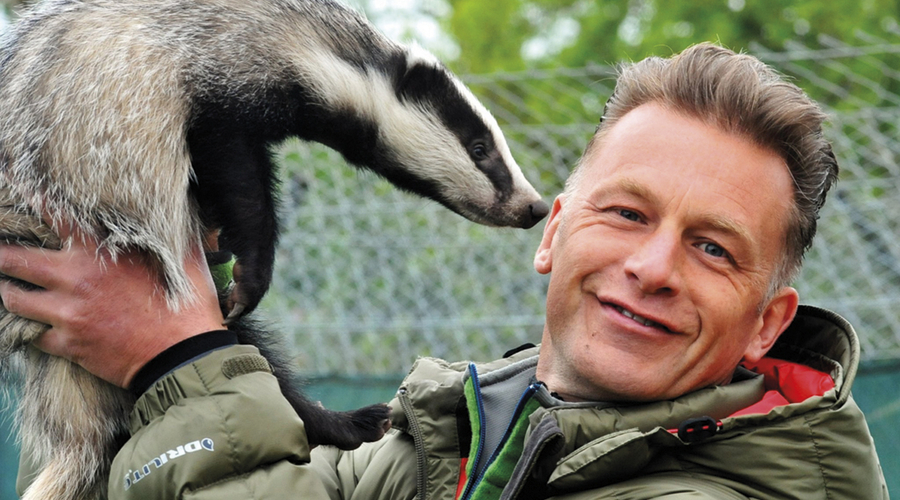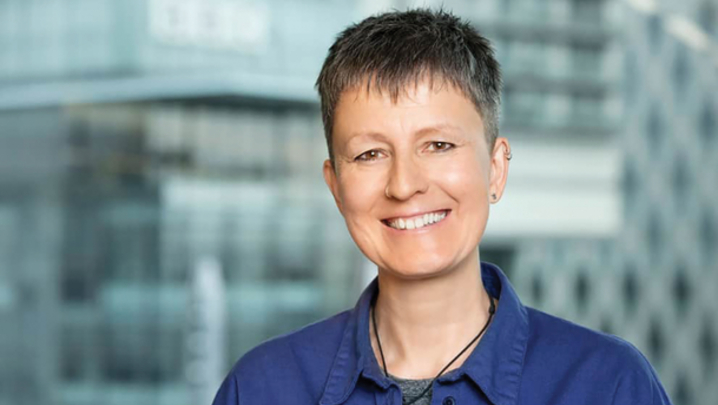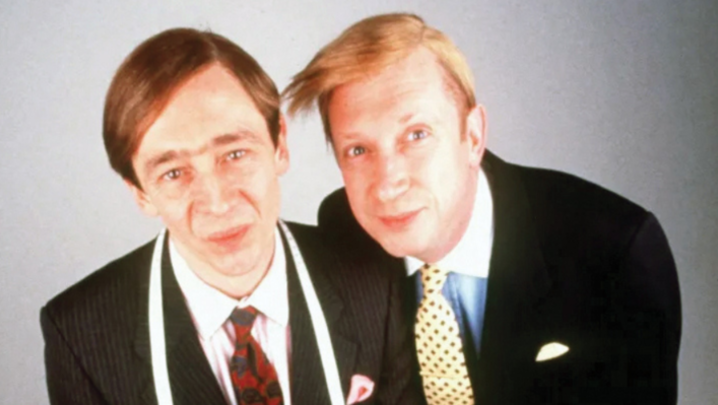Stephanie Farmer takes notes as Chris Packham calls on TV producers to change their ways and follow Albert
Chris Packham brought his passion and knowledge to two RTS Southern events at Bournemouth University in early March, highlighting the need for greater environmental sustainability in programme production.
In the afternoon, the TV presenter and naturalist spoke to media students about sustainable TV production. In the evening, he talked candidly about his life and TV career – and how he copes with the effects of Asperger syndrome.
The Southampton-born presenter of BBC Two’s award-winning Springwatch, Autumnwatch and Winterwatch programmes is also a nature photographer, programme-maker and outspoken campaigner for wildlife.
He argued that production teams are becoming more aware of the need to work sustainably, but that there is still much to be done. Packham showed the audience a pile of paper scripts from a recent Springwatch and is urging the series to go paperless. The production – which has Albert certification – does recycle, car share and use local crews where possible. The Albert certification scheme aims to introduce greener ways of working to film and TV production.
He said he had been “pushing for [sustainability] for as long as I’ve been working in media production. We need a more sustainable approach to the planet and you can’t make programmes about saving the planet if you’re contributing to the problem,” said Packham, who encouraged the students to harness their youth and energy to the environmental cause.
Bournemouth University is one of the founding partners of the new Albert educational initiative, which aims to develop teaching materials to help reduce the carbon footprint of the next generation of film-makers.
Students from Solent University and the Arts University Bournemouth also attended the event. “Chris really brought alive the need to encourage sustainable awareness in our work and personal lives and this will be continued with the partnership that we have founded with Bafta/Albert, which will enable staff and students to contribute towards the transformation of the film and television industry,” said Annie East, programme leader for the BA Television Production course at Bournemouth University.
In the evening, Packham was interviewed by RTS Southern committee member Gordon Cooper, in front of an audience of more than 200 members of the public.
Packham, who was diagnosed with Asperger’s as an adult, spoke about not fitting in at school, because he struggled to make friends and understand how to socialise with his peers. The natural world became his passion and refuge.
Packham also revealed that an argument in the street with a TV producer about the producer’s poor parking led to his first job in TV on BBC children’s series The Really Wild Show in 1986.
Cooper guided the conversation through Packham’s life, including the influence Asperger’s has had on his TV career and personal relationships. At times moving and funny – but always brutally honest and impassioned – the naturalist called for more to be done to save our natural world
“As I got older, I decided to get up earlier every day so I can do more and try to make a difference. If someone says ‘no’ to me, it’s like fuel for me to try to do more,” he said.







